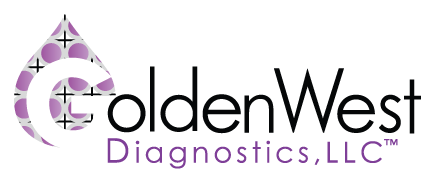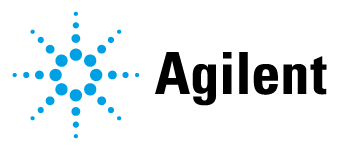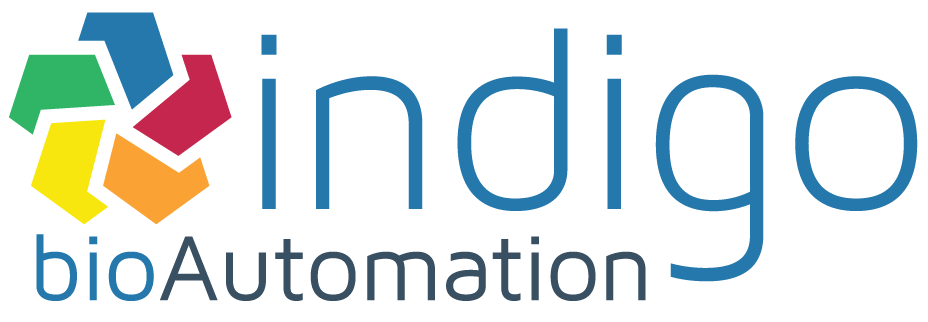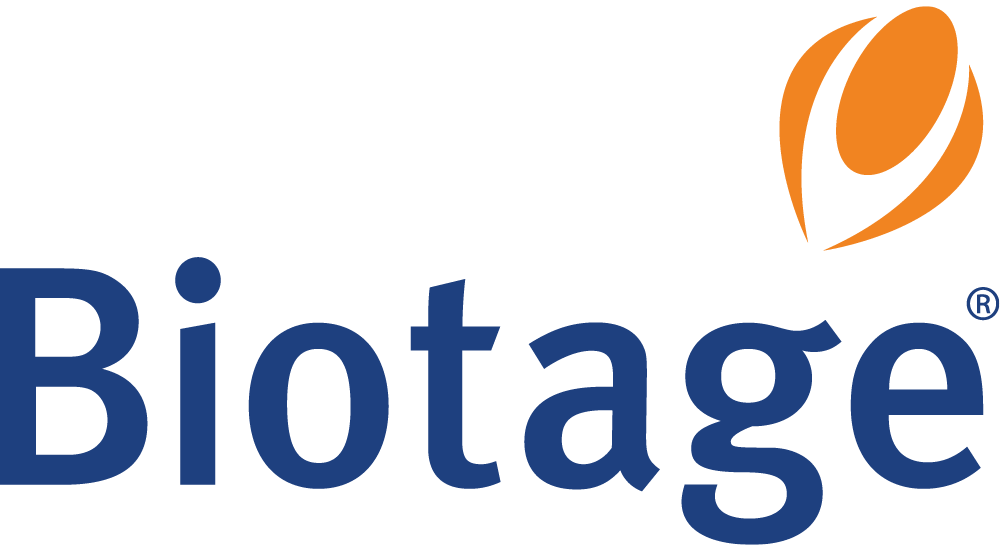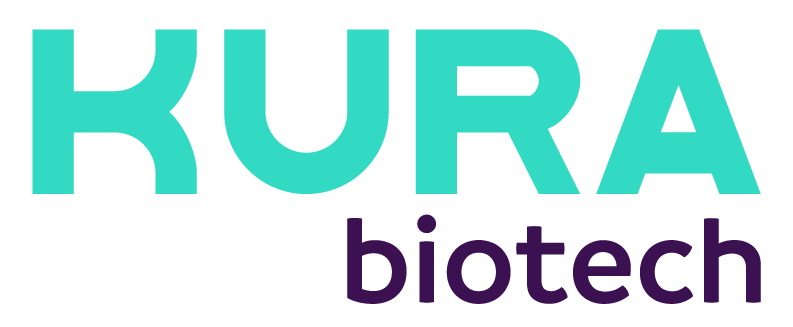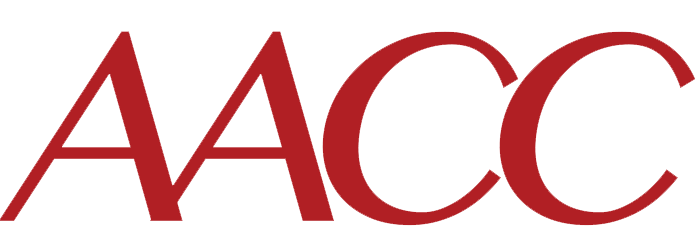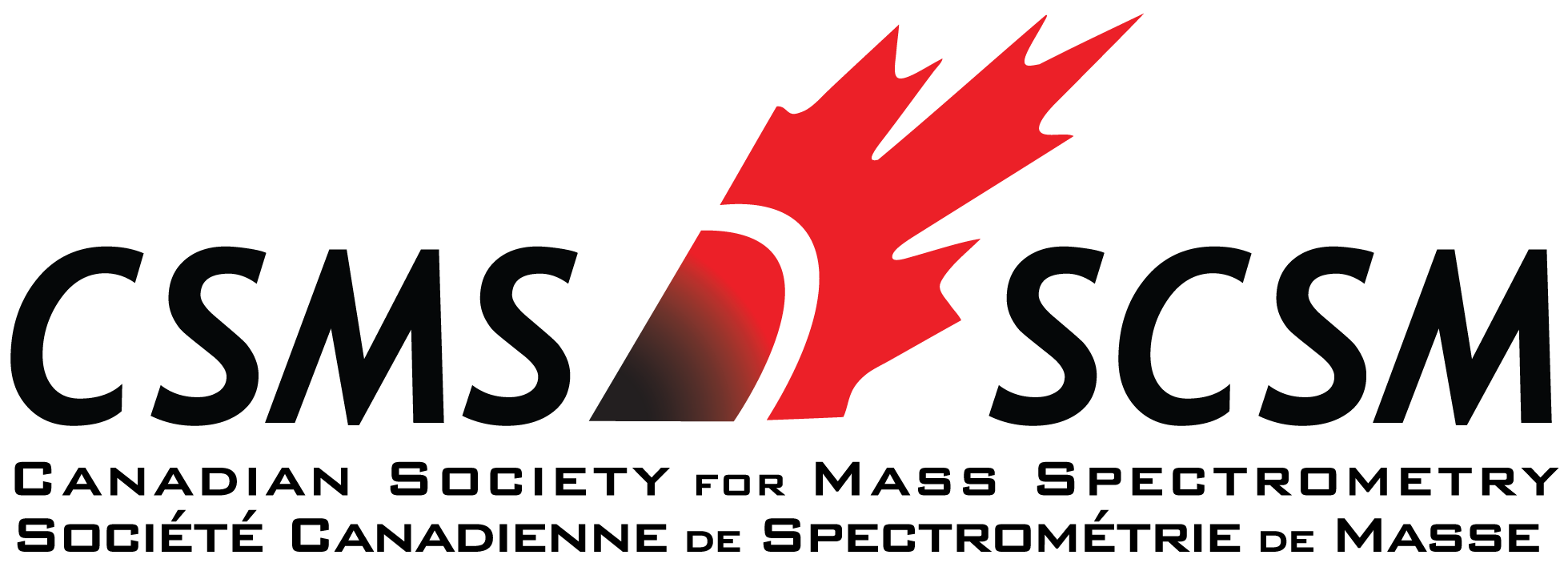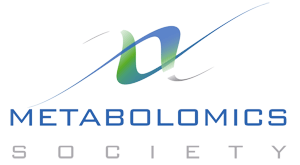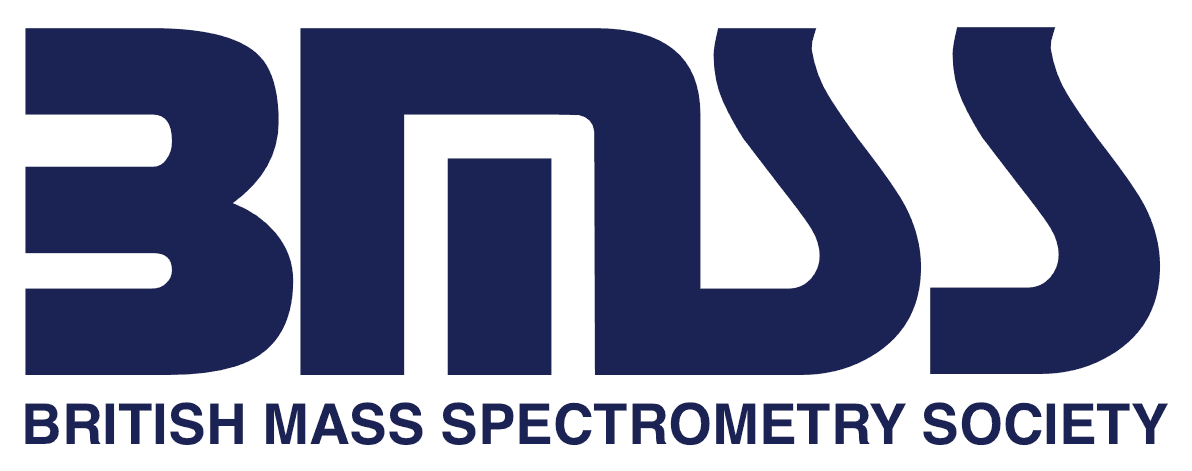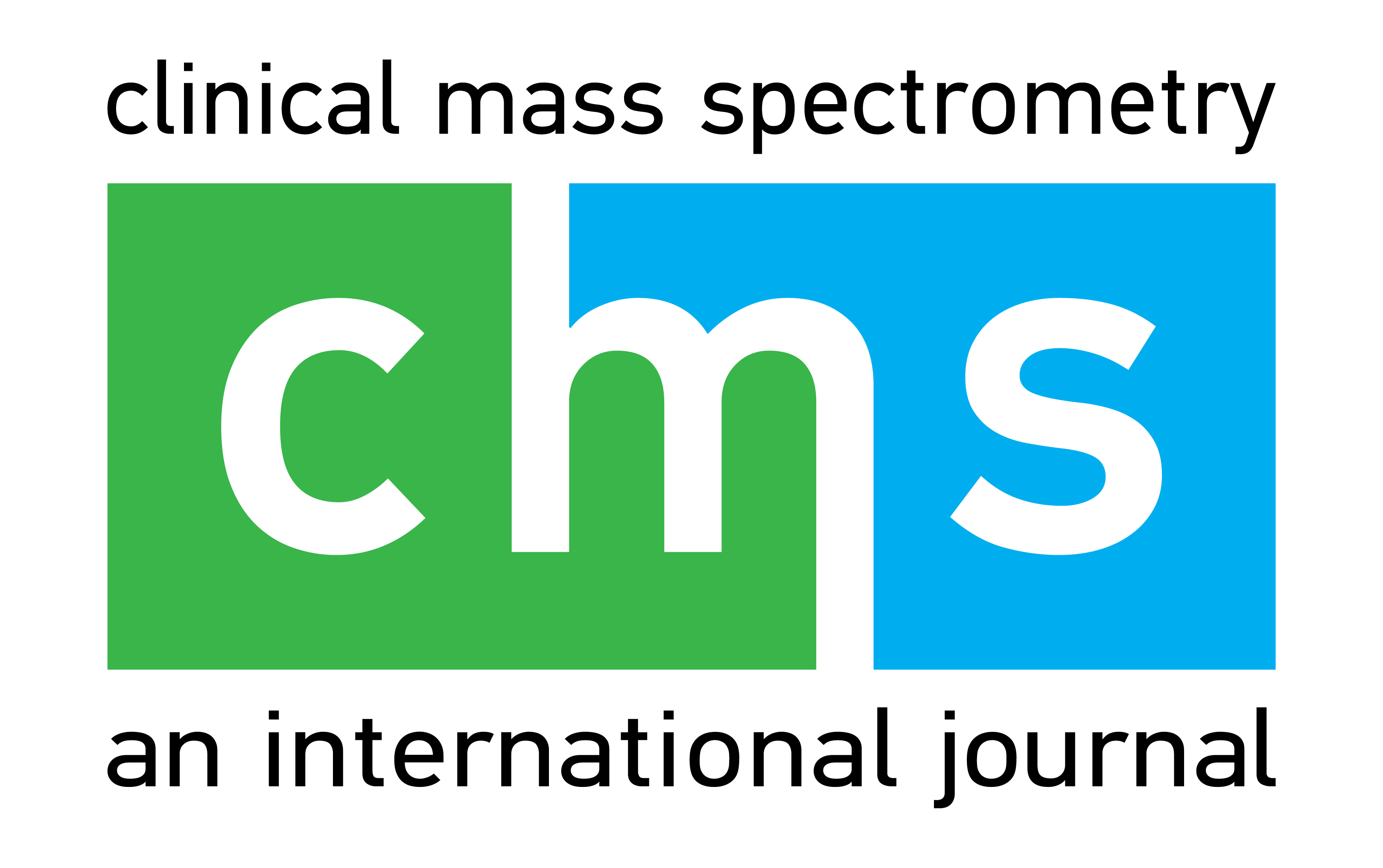700
830 |
Breakfast Location: Gypsy Rose, Palmetto & Cantala
For short course attendees with class Tuesday AM. |
700
2000 |
Badge Pickup Location: RegDesk @ Ballroom Foyer
|
730
1130 |
Short Course Location: Room 1
Data Science 201
Going Further With R: Tackling Clinical Laboratory Data Manipulation and Modeling
Patrick Mathias, MD, PhD & Shannon Haymond, PhD |
730
1130 |
Short Course Location: Room 2
Metabolomics 201
Application of High Resolution Mass Spectrometry and Metabolomics in Clinical Analysis
Timothy Garrett, PhD & Erin Baker, PhD |
730
1130 |
Short Course Location: Room 3
LC-MSMS 202
Practical LC-MS Maintenance and Troubleshooting
J. Will Thompson, PhD & Chris Shuford, PhD |
800
1200 |
Short Course Location: The Boardroom
MALDI 103
MALDI-MS Fundamentals and its Emerging Role in Pathology and Laboratory Medicine
Mari L. DeMarco, PhD DABCC FACB FCACB & Teesha Luehr
|
800
1200 |
Short Course Location: Room 6
Data Science 101
Breaking up with Excel: An Introduction to the R Statistical Programming Language
Daniel Holmes, MD & Will Slade, PhD |
0840
1150 |
Get the Basics Location: Rooms 4-6
Room 4 Chairs: Jen Colby and Jackie Hubbard
Room 5 Chairs: David Herold and Peggi Angel
An overview of the fundamentals that are driving research and development.
This series of Primers on fields within Clinical Mass Spec is free to attend for ALL attendees of the MSACL Congress or Short Courses, including Partial Pass holders.
Takeaways for each session include:
- Be able to define what the field is, why it matters, and why you personally should care. What is the clinical relevance?
- Understand what role mass spectrometry plays in this field. Where does mass spec fit in to the big picture of the field?
- Define any terminology that is specific to this field.
- Describe how it works, what are the methods and workflows used when studying this field and/or how is it implemented in clinical labs.
- Identify any challenges to implementation/adoption, where do the opportunities lie?
08:40 - 09:20
- Room 4: Metabolomics with Adam Rosebrock
- Room 5: Proteomics with Tim Collier
09:30 - 10:10
- Room 4: Lipidomics with Anne Bendt
- Room 5: Glycomics with Richard Drake
10:20 - 11:00
- Room 4: Toxicology with Paul Jannetto
- Room 5: Imaging Mass Spectrometry with Ron Heeren
11:10 - 11:50
- Room 4: Sample Preparation with Mark Marzinke
- Room 5: Data Science with Alfonso Limon
|
11:50
1400 |
Lunch on your own Location: YourChoice
Join a Workshop, where a Sandwich Lunch will be served. Alternatively, enjoy lunch onsite at one of the Riviera dining spots, or offsite with fellow attendees.
If you would like to head offsite:
1. Wexler's Deli
2. Billy Reeds, American comfort food, good for large groups. 8am-9pm.
3. JJ's Latin Oasis, Mexican food
4. Roly China Fusion, 13 minute walk
5. Trio One mile away, 20 minute walk.
6. Cheekys Popular for Brunch and Bacon Flights. One mile away, 20 minute walk.
7. Mid Mod Cafe, for the health conscious, 3 minute drive
8. Tac/Quila, elevated Mexican Cuisine, 3 minute drive
|
1100
1600 |
Place Wed Posters Location: Exhibit Hall
|
1215
1345 |
Lunch Vendor Workshop Location: Rooms 1-3
|
1400
1415 |
Welcome Orientation Location: Rooms 4-6
|
Notice: Undefined variable: accepted in /home/msacl0017/public_html/include/webpage_structure/include_web_agenda.php on line 353
1415
1500 |
PLENARY LECTURE
Comprehensive Mapping of Cell Lineage and Function in Human Tissue Using MIBI-TOF
Michael Angelo
Stanford Bio-X
Chair: Livia EberlinLocation: Rooms 4-6
|
1500
1515 |
Intermission Location: Ballroom Foyer
|
1515
1600 |
State of the Science Address Location: Rooms 4-6
Chairs: Cory Bystrom and Dan Holmes
Speakers: Patrick Mathias, Adam Rosebrock, Chris Cox, Grace van der Gugten, Chris Shuford, Peggi Angel, Jennifer Colby
Presented by MSACL US Scientific Committee Topic Leads, this address will provide an overview of the applications and technologies currently being used in Clinical Labs, and a clear view of the development pipeline. It will highlight applications expected to be available in the near-future, as well as emerging applications, and key contributors. Relevant talks, posters, and people present at the congress will be identified, enabling you to optimize your learning path and more effectively target potential network connections. Whether you are new to Clinical Mass Spectrometry, or a seasoned veteran, the State of the Science address should be on your agenda. |
1600
1615 |
Intermission Location: Ballroom Foyer
|
1615
1645 |
Poster Lightning Talks Location: Rooms 4-6
Chair: Cory Bystrom
Poster Contest semi-finalists will highlight their work in 90 seconds, and one slide. |
1645
1715 |
Vendor Lightning Talks Location: Rooms 4-6
Chair: Chris Herold
An opportunity to discover vendors and learn what's new. Up to 20 vendors will be highlighted, each given 90 seconds and one slide. |
1715
2000 |
Exhibits Opening Location: Exhibit Hall
|
1800
1900 |
Meet-a-Mentor: Booth Tours Location: Exhibit Hall
Join a mentor as they tour the booths and learn more about technologies available, what mentors are looking for during the exchange, and how they interact with the booth vendors. Increase your network and your knowledge of products and services available. |
1900
2000 |
Troubleshooting Forum: Poster Rounds Location: Exhibit Hall
Join the troubleshooting poster discussion to learn something new or add your two cents. |
2000
2100 |
Discussion Group: CDC Clinical Standardization Programs Forum Location: Room 1
Chair: Hubert Vesper
Overview of ongoing and new CDC’s Standardization Programs |
2000
2100 |
Discussion Group: From the Operating Room to the Mass Spec: Handling and Storage of Human Tissue Samples Location: Room 2
Chair: Chris Anderton
Hosted by IMSS.
We will discuss patient-specific effects, sample collection, transport and handling of samples, and tissue preparation when acquiring and interpreting mass spectrometry data. We will especially focus on how these steps effect imaging mass spectrometry data, but many of these topics translate universally across mass spectrometry approaches in general.
This will be an open forum with predefined topics to guide the conversation. |
2000
2100 |
Discussion Group: R/Medicine - Integrating R into Clinical Practice Location: Room 3
Hosted by R/Medicine and moderated by Stephan Kadauke.
Speakers: Stephan Kadauke, Michael Kane, Joseph Rickert
R is a free programming language and a powerful statistical computing environment that is wildly popular among statisticians and data scientists. R is ideally suited for building customized applications for clinical operations, however many (real and perceived) hurdles exist in operationalizing R in healthcare in general, and in the labs in particular. The speakers are the organizers of R/Medicine, an annual conference that aims to promote the R ecosystem in clinical research and practice. This will be a highly interactive session aimed to share insights and experiences both of the discussants and participants, with the aim of facilitating the integration of the R ecosystem into clinical laboratory practice.
Learning objectives:
After completing this activity, participants will be able to:
1. Cite resources available for R and data science education tailored for clinicians and laboratorians.
2. Describe organizational, regulatory, and cultural challenges to integrating the R ecosystem into clinical practice.
3. Discuss best practices for building customized clinical laboratory-developed applications (“lab apps”) in R/Shiny.
Speakers:
Stephan Kadauke, Assistant Professor of Pathology and Laboratory Medicine at the Children’s Hospital of Philadelphia
Michael Kane, Assistant Professor of Biostatistics at Yale University, past Chair of R/Medicine
Joseph Rickert, RStudio PBC, and the R Consortium
|
2000
2100 |
Discussion Group: Clinical Cases – Where Mass Spec made a Difference in Patient Care Location: Room 4
Hosted by AACC and moderated by Carmen Wiley.
Speakers: Nicole Tolan, Dennis Dietzen, and Stephen Master
Mass spectrometry continues to play a prominent role in the field of laboratory medicine. In this session, each speaker will highlight a clinical case where Mass Spec Analysis has made all the difference in a patient's care and outcome.
Learning objectives:
After completing this activity, the learner will be able to:
1. site examples where mass spectrometry made a difference in patient care
2. describe how mass spectrometry could play an important in their institutions
3. summarize the role of mass spectrometry played in each of these case studies
Speakers:
Nicole Tolan, Assistant Professor of Pathology at Harvard Medical School
Dennis Dietzen, Professor, Pathology & Immunology at Washington University School of Medicine
Stephen Master, Associate Professor of Pathology and Laboratory Medicine at the Children's Hospital of Philadelphia
|
2000
2100 |
Discussion Group: Developing Mass Spectrometric Assays for Obesity and Diabetes Clinical Research Location: Room 6
Moderator: Salvatore Sechi, NIDDK/NIH
Presenters/Discussants include: Jenny Van Eyk (Cedars Sinai); Wei-Jun Qian (PNNL); Andy Hoofnagle (University of Washington)
The NIDDK recently started a program for developing mass spectrometric assays for proteins and peptides of primary interest to the obesity and diabetes research community. These assays should be highly reproducible, easily transferable to other laboratories, and validated in human plasma or serum. Examples, of proteins and peptides that are of potential interest include insulin, glucagon, c-pepitide, glycated CD59, Adiponectin, Leptin, Resistin, Neuropeptide Y, Alpha-melanocyte-stimulating hormone, Peptide YY, Glucagon-like peptide 1, Ghrelin, Adrenocorticotropin, Corticotropin-releasing hormone, Gastrin, Cholecystokinin, Secretin, Vasoactive intestinal peptide, gastric-inhibitory peptide, gastrin-releasing peptide, motilin, pancreatic polypeptide, RBP4, myostatin, FGF21).
We will discuss how we might proceed in developing, validating, and implementing MS assays of interested to the Obesity and Diabetes community. |
2000
2200 |
Hospitality Lounge Location: Soleil Pool
|




